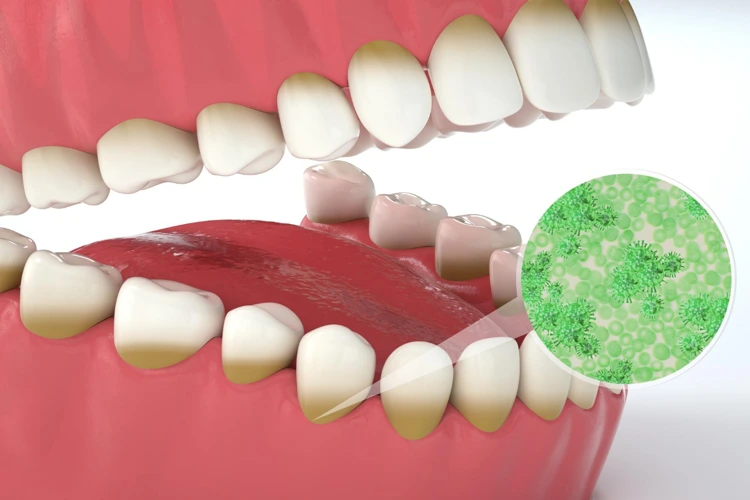Maintaining good oral health is important for more than just a bright smile and fresh breath. It plays a key role in your overall health, including the health of your heart. Studies have shown a connection between oral health, especially gum disease, and heart disease. This link is related to systemic inflammation, a type of widespread body inflammation that is common to both conditions.
Understanding the Oral-Systemic Connection
The mouth is home to a diverse and complex community of bacteria, also known as the
oral microbiome. Most of these bacteria are harmless, and a balance is maintained
through daily oral hygiene practices such as brushing and flossing. However, without
such practices, these bacteria can proliferate, causing infections such as
tooth decay and gum disease, or periodontal disease.
Periodontal disease, an inflammatory condition, affects the gums and supporting
structures of the teeth. Severe inflammation or infection can allow bacteria
to enter the bloodstream, potentially reaching the heart.
Oral Bacteria and Heart Disease



When oral bacteria enter the bloodstream, they can travel to various parts of the
body, including the heart. There, they may contribute to the development of
atherosclerosis, a condition where plaques form on the inner walls of the arteries.
These plaques can restrict blood flow to the heart, potentially leading to a
heart attack or stroke.
In addition to plaque formation, oral bacteria in the bloodstream can cause
endocarditis, a rare condition where the inner linings of the heart become inflamed.
Evidence-Based Research
Several studies over the years have investigated the link between oral health and
heart disease. One review published in the Journal of Periodontology noted that
periodontal disease increases the risk of heart disease in comparison to
those with healthy gums1.
Another study also concluded that periodontal disease is associated with an
increased risk of atherosclerosis2.
Oral Hygiene and its Heart-Healthy Benefits



Considering these possible links, maintaining good oral hygiene is important not
only for keeping your teeth and gums healthy but also for supporting your heart
health. Brushing and flossing every day helps remove plaque and bacteria, which can
reduce inflammation and lower the risk of periodontal disease.
Additionally, regular
dental check-ups enable early detection and treatment of oral health
issues before they develop into more serious conditions. Dental
professionals can offer tailored advice on effective oral care routines and address
any concerns that might impact your overall health.
Your diet also plays a role in both oral and heart health. Eating a diet low in
sugar and rich in fruits, vegetables, lean proteins, and healthy fats can help
prevent tooth decay and gum disease, as well as conditions like high blood
pressure and heart disease.
Conclusion: The Broader Picture of Health
Oral health is a crucial aspect of overall wellness, and taking care of your mouth
can be akin to an investment in your total health. The link between oral health and
heart disease emphasizes the importance of a holistic approach to health. By
understanding the potential connections between different aspects of our health, we
can make more informed decisions and adopt healthier habits.
While good oral health is important, it's just one piece of the puzzle in heart
disease prevention. Regular physical activity, maintaining a healthy weight,
avoiding smoking, and having regular medical
check-ups are all crucial aspects of heart health.
References
-
Humphrey, L. L., Fu, R., Buckley, D. I., Freeman, M., & Helfand, M. (2008).
Periodontal disease and coronary heart disease incidence: a systematic review
and meta-analysis. Journal of General Internal Medicine, 23(12), 2079-2086.
https://tinyurl.com/293b987b -
Dietrich, T., Sharma, P., Walter, C., Weston, P., & Beck, J. (2013). The
epidemiological evidence behind the association between periodontitis and
incident atherosclerotic cardiovascular disease. Journal of Periodontology,
84(4-s), S70-S84.
https://tinyurl.com/4a8t47h2

